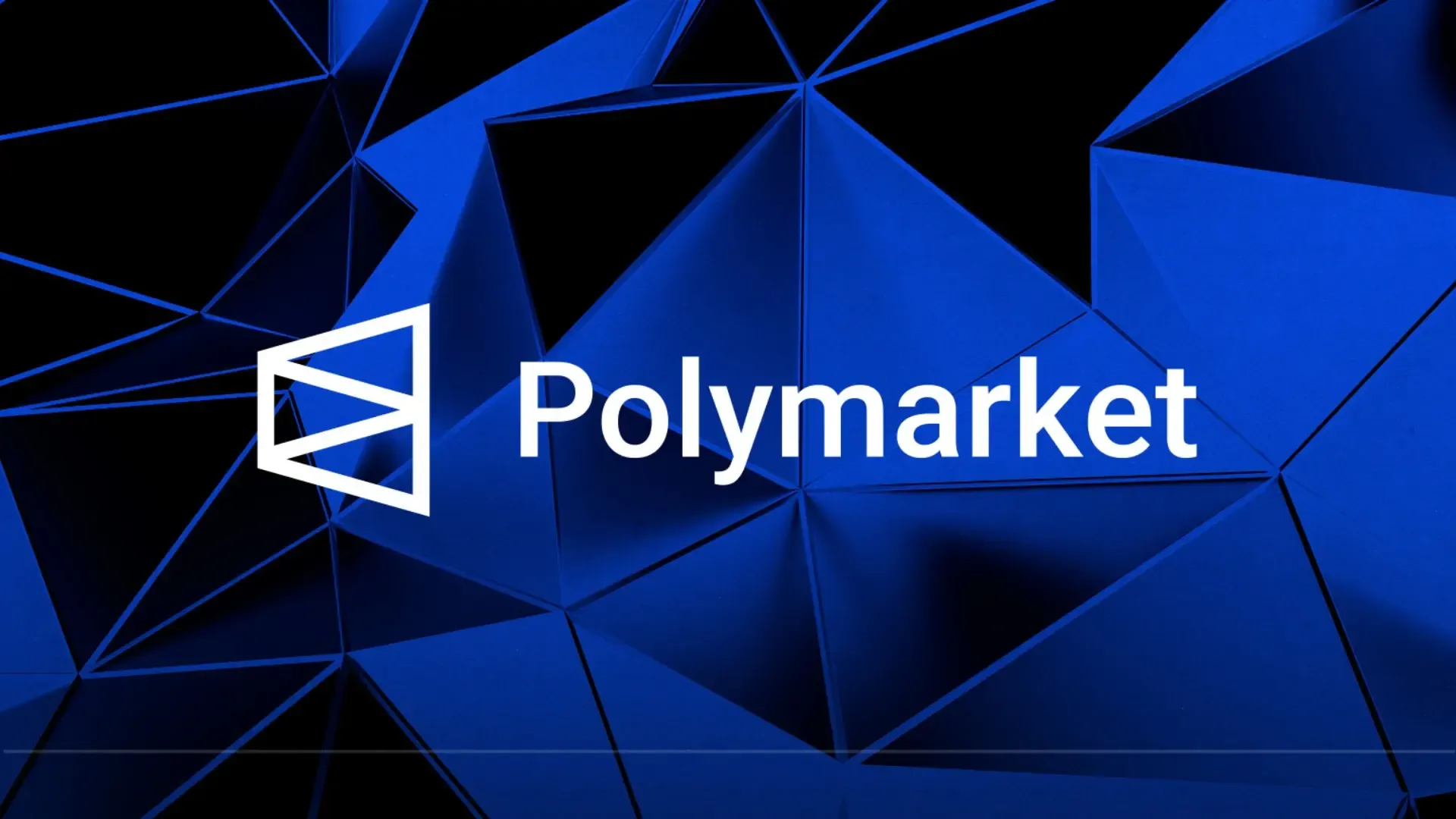Polymarket FAQ — Crypto Edition
-

- What is Polymarket?
Polymarket is a decentralized information markets platform where users trade on the outcomes of real-world events — politics, sports, crypto, current events, and more. Traders buy and sell shares representing “Yes” or “No” positions, with prices reflecting the market’s probability estimate of an outcome.
- How does trading on Polymarket work?
Yes/No Markets: You purchase shares in an outcome, e.g., “Bitcoin will hit $100k by Dec 31, 2025.”
Pricing: If a “Yes” share costs $0.60, the market predicts a 60% chance of that outcome.
Settlement: When the event resolves, winning shares pay out $1 each; losing shares are worth $0.
Trading: You can buy or sell shares before resolution, profiting from price changes.
- Is there a Polymarket token?
As of August 2025, Polymarket does not have its own token. All trades are settled in USDC (USD Coin) on the Polygon blockchain. There has been community speculation about a future token or airdrop, but nothing official has been announced.
- What blockchain does Polymarket use?
Polymarket runs on the Polygon (Matic) network, which offers low transaction fees and fast settlement. You’ll need:
USDC for trading
A small amount of MATIC for gas fees
- How do I fund my account?
Connect a crypto wallet (e.g., MetaMask).
Deposit USDC on Polygon via transfer or on-ramp.
Ensure you have a small MATIC balance to cover network fees.
- Is Polymarket legal?
Polymarket restricts access for U.S. residents due to regulatory requirements. The platform complies with CFTC agreements by geo-blocking U.S. users for real-money markets. However, U.S. users may be able to access free-play markets that use play money instead of USDC.
- How is market information verified?
Each market has a clear resolution source — often a reputable news outlet or official data. When the event concludes, an independent resolution process determines the outcome, and smart contracts handle payouts.
- What makes Polymarket different from betting sites?
Decentralized: No central bookmaker — trades occur via smart contracts.
Information-first: Prices reflect market consensus probability, making it a tool for forecasting as well as trading.
On-chain settlement: All trades and payouts are verifiable on Polygon.
- How does Polymarket make money?
Polymarket earns through market creation fees and trading fees (often 2% per trade). These fees help maintain infrastructure, compliance, and liquidity.
- Could there be a Polymarket airdrop?
There is no confirmed airdrop. Speculation stems from:
A teaser message, “We predict future drops”
Past behavior of other DeFi projects
If an airdrop happens, activity such as frequent trading, early participation, and consistent engagement might be factors — but nothing is guaranteed.- What are the risks of using Polymarket?
Market volatility: Prices can swing sharply based on news and sentiment.
Regulatory changes: Access or functionality could change by jurisdiction.
Smart contract risks: Though audited, any on-chain platform carries potential technical vulnerabilities.
- Where can I learn more?
Website: polymarket.com
Docs: docs.polymarket.com
Community: Polymarket’s official Discord and X (Twitter) accounts
-
Polymarket is fascinating because it bridges prediction markets and decentralized finance in a way that makes the “wisdom of crowds” financially actionable. The average person might lump it in with sports betting or gambling, but that misses the core value: information aggregation. A well-traded market price on Polymarket can sometimes outperform expert forecasts because it synthesizes signals from thousands of participants who each have skin in the game. The fact that it’s on-chain also means the resolution and payout process is transparent — no hidden odds manipulation, no house “adjustments.” Of course, it’s still risky and not immune to manipulation, especially in low-liquidity markets, but the potential for more accurate, democratized forecasting is huge.
-
The big elephant in the room is whether Polymarket will launch a token and reward early users via an airdrop. While the FAQ makes clear there’s no guarantee, history in DeFi suggests that active, consistent usage often becomes part of eligibility criteria when a drop does happen. If Polymarket does take that route, it would probably be to decentralize governance — letting token holders vote on market creation rules, fee structures, or resolution sources. That said, chasing an airdrop shouldn’t be the only reason to participate. Building familiarity with the platform, understanding how pricing shifts with news cycles, and learning the mechanics of liquidity and exits could all be valuable regardless of token speculation.

















